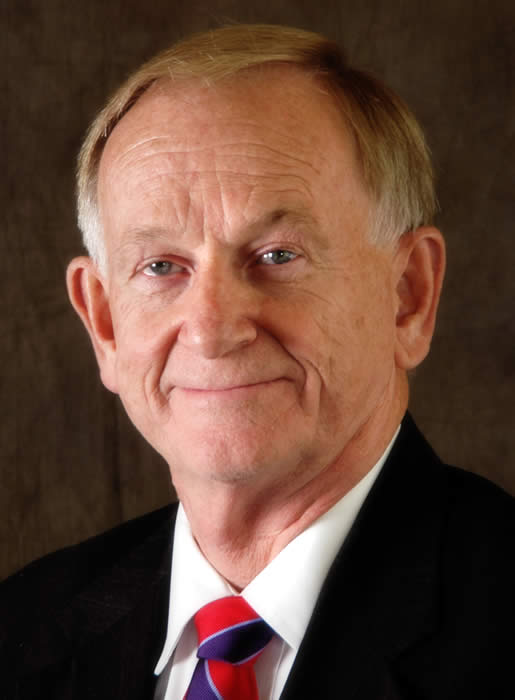By Michael A. Kruse
Capital West News
SALT LAKE CITY — An Ogden lawmaker’s alternative to Healthy Utah passed its first major hurdle on Tuesday morning.
SB153, sponsored by Sen. Allen Christensen, R-Ogden, would extend Medicaid to those below 100% of poverty who are deemed as medically frail. The bill, nick-named “Frail Utah,” was given a favorable recommendation by the Health and Human Services Committee on Tuesday morning.
Christensen said his bill tries to strike a balance between Gov. Herbert’s Healthy Utah plan and no Medicaid expansion at all. However, he admits the bill doesn’t close the coverage gap, it only narrows it.

“Whether we should close the gap is a philosophical question,” Christensen said. “Socialized medicine is not the responsibility (of the state), nor is it a constitutional right,” he said. Christensen said his bill helps those who need it the most, while not spending too much governmental money.
David Patton, executive director of the Utah Department of Health, said that he was concerned about his department having to define what qualifies as “medically frail.” Patton argued that Healthy Utah would save the state more money than Christensen’s bill would.
The bill uses the federal government’s definition on medically frail but there is still enough room for the Department of Heath to make decisions. Christensen said it could apply to people with mental disabilities and the Department of Health has the responsibility to make that decision.
Patton also objected to the idea that this bill is better than nothing. Patton said it’s better for the 14,000 it would cover, but it’s not better for the 80,000 who would still remain without health insurance.
Sen. Brian Shiozawa, R-Salt Lake, One of the two senators who voted against SB153, said that he prefers Gov. Herbert’s plan of Healthy Utah which he said covers more people at a lower cost. “There’s no question in mind that Healthy Utah is a better approach,” he said. Shiozawa’s bill SB164, would effectively implement Healthy Utah. The bill passed committee earlier in the session.
Shoizawa expressed concern over the lack of coverage in Christensen’s bill. Asked about coverage for a cardiologist or MRIs, Christensen responded that his bill wouldn’t cover those since it targets primary care coverage.
Sen. Luz Escamilla, D-Salt Lake, also questioned the loss of care and worried that the bill eliminates coverage for more and more people. She joined Shoizawa in voting against the bill.
Christensen worried that, with the different options on the table, the state legislature may end up doing nothing. He said that even though he expects a fight on the senate floor, he believes his bill will pass.




